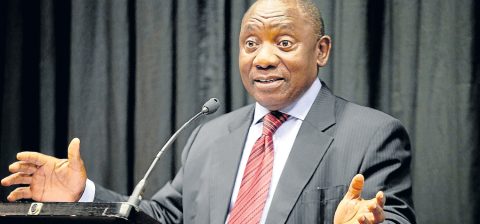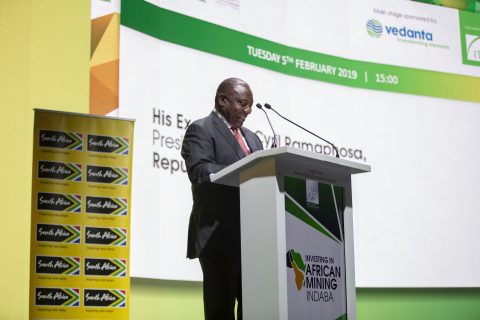Empowerment
Inadequate, Inefficient And Unfocused
South Africa’s response to the collapse of the economy during 2020 was inadequate and did not prioritise economic transformation, claims Andile Nomlala, president of the Black Management Forum.
On 21 April 2020, President Cyril Ramaphosa announced a R500bn stimulus package to counter the effects of the lockdown implemented on 27 March. The package was equivalent to 10 per cent of the gross domestic product (GDP) and had two components:
Above-the-line (off-budget) spending of R240bn. This comprised a R200bn loan guarantee scheme and R40bn for the Unemployment Insurance Fund (UIF) to pay people who were temporarily unemployed because of the lockdown.
Below-the-line (on-budget) spending of R260bn. This comprised R100bn that the government would spend on job creation and small and medium enterprises (SMEs); tax measures of R70bn; R50bn to be spent on additional social grants; R20bn for health; and R20bn for municipalities.
However, up to 75 per cent of the stimulus package did not materialise because of National Treasury’s decision to effectively cancel the stimulus and the failure of the loan guarantee scheme.
A report by the Institute for Economic Justice (IEJ) revealed that the real stimulus – new money that was injected into the economy – was R158bn. IEJ economist Busi Sibeko said: “The stimulus announced by President Ramaphosa provided hope for many, but several of the promises in the package were not kept. In addition to the shrinking size of the package, there has been a systematic failure to implement the stipulated rescue measures. If the government does not step up and provide the rescue and relief required by households, small businesses and other vulnerable groups, there is no chance of economic recovery.”
A report by the Studies in Poverty and Inequality Institute (SPII) found that the actual stimulus was only R123.5bn. This comprised a R34.6bn increase in government’s noninterest-spending; tax measures of R12bn; R58.7bn that the UIF paid to 5.4m people; and bank loans of R18.2bn. The South African stimulus was equivalent to 2.5 per cent of GDP. By comparison, major developed and developing countries decided that the only way out of the crisis was to spend $16-trillion, equivalent to
16 per cent of world GDP.
Loan guarantee scheme fails
Nomlala says the R200bn loan guarantee scheme was a spectacular failure because the government relied too much on the good faith of private banks and failed to involve its own development finance institutions. Before the crisis, South African banks had failed to provide loans to black SMEs in terms of their financial charter commitment. According to a report by the Banking Association of South Africa, the total balance sheet exposure of banks towards black SMEs declined to R21.2bn in 2019 from R29.3bn in 2018 – equivalent to only 0.5 per cent of total banking sector assets.
“The government also failed to clearly stipulate criteria for bank lending,” Nomlala says. “We heard from small business minister Khumbudzo Ntshavheni that 75 per cent of the loans went to white businesses. The banks only know how to lend to white businesses. There were no clear rules on how banks and government departments should use the stimulus package to include more black people in the economy. All government procurement must be used to transform value chains across the economy.”
BMF deputy president Tasneem Fredericks says the stimulus package did not focus on developing black women and SMEs. “The banks used the same credit granting criteria that they would have used during normal times when there was no pandemic state guarantee. There was no easing of credit or credit conditions. The banks provided loans to existing business that were already strong. This exacerbated existing racial inequalities in the economy. White businesses got loans and prospered while black businesses, especially those owned by black women, suffered.”






 Sign-up and receive the Business Media MAGS newsletter OR SA Mining newsletter straight to your inbox.
Sign-up and receive the Business Media MAGS newsletter OR SA Mining newsletter straight to your inbox.